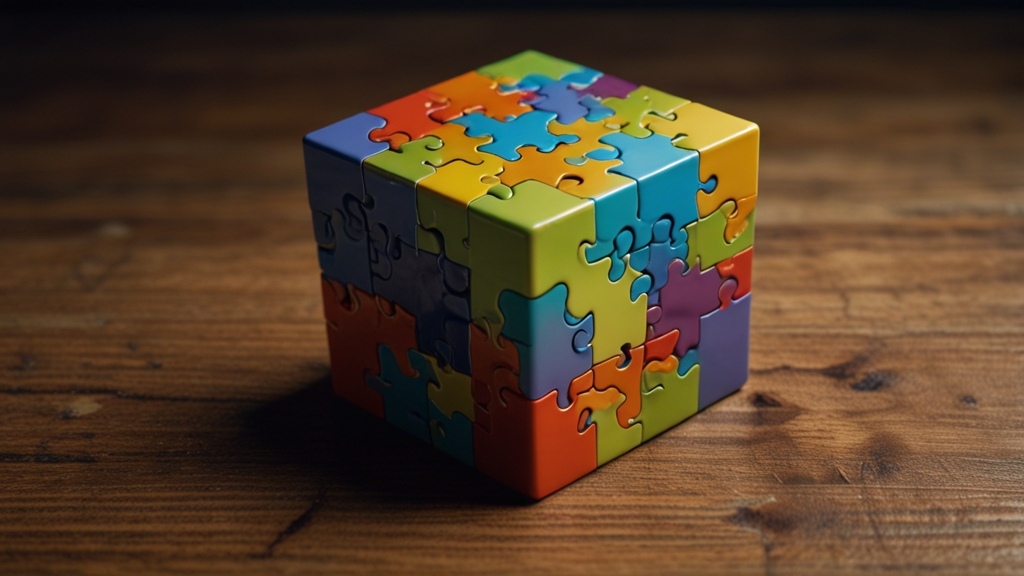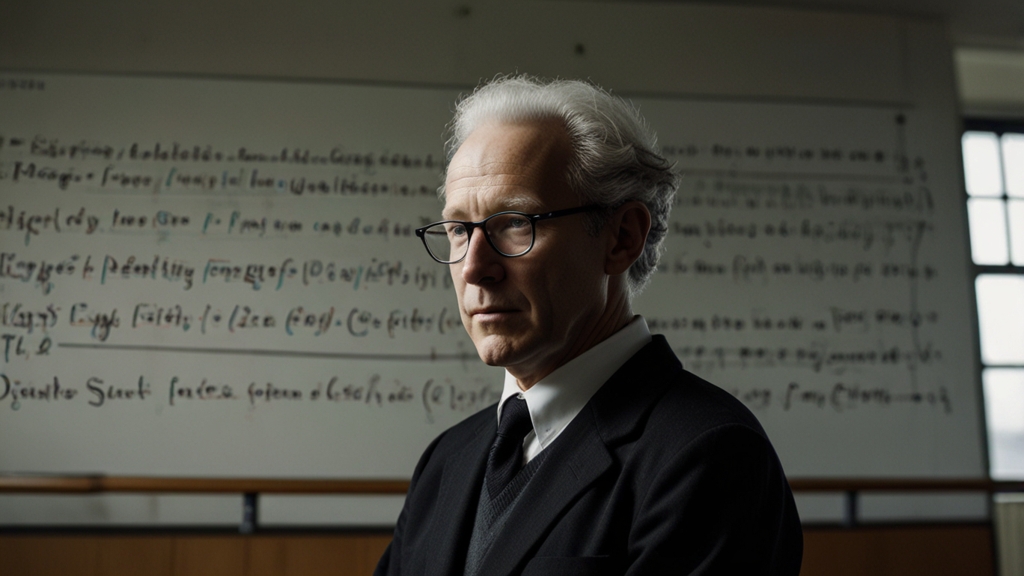The Interplay of Knowledge and Belief: An Epistemological Inquiry
The concepts of knowledge and belief have been central to philosophical discourse for centuries. These two notions, while seemingly straightforward, possess intricate layers that often interact in complex ways. Understanding the interplay between knowledge and belief not only deepens our grasp of epistemology but also sheds light on the nature of human cognition itself.
Defining Knowledge and Belief
Knowledge and belief are often distinguished by their relationship to truth. Knowledge is typically defined as "justified true belief," implying that for someone to know something, it must be true, they must believe it, and they must have justification for that belief. Beliefs, on the other hand, do not necessarily have to be true or justified. A person can believe in something that is entirely false or without evidence.
"Knowledge is a matter of degree, and our grip on the world comes in degrees. At the extremes, knowledge and belief can seem worlds apart. Yet, in the middle ground, they often blend imperceptibly, questioning the boundaries between them." - Epistemologist
Justification: The Bridge Between Belief and Knowledge
One of the pivotal factors that distinguish knowledge from mere belief is justification. Justification is the evidence or reason supporting a belief. Without justification, a true belief cannot ascend to the status of knowledge. For example, if one happens to believe correctly that a coin will land on heads without any reason or evidence, this would be a case of true belief rather than knowledge.
The requirement of justification introduces the subject of skepticism. Skeptics argue that justification is an elusive standard that is rarely, if ever, met in a manner that can withstand all doubt. This raises the question: Can we ever truly know anything? Despite skepticism's challenges, many epistemologists contend that justification, even if imperfect, is a necessary criterion for knowledge.
The Role of Context
The context in which a belief is held can significantly impact whether it qualifies as knowledge. Contextualism in epistemology suggests that the truth conditions and justification for knowledge claims vary depending on the context. For instance, the standards for justifying a belief that a bridge is safe might differ dramatically between an everyday commuter and a structural engineer inspecting the same bridge.
"Contextualism reveals that what counts as 'knowing' something can shift, highlighting the fluidity and adaptability of human cognition. It underscores the role of practical considerations in shaping our understanding of knowledge." - Contemporary Philosopher
Knowledge, Belief, and Action
Another dimension of the interplay between knowledge and belief lies in their capacity to guide action. Beliefs, whether true or false, significantly influence our behavior and decisions. However, actions based on knowledge are generally more likely to achieve desired outcomes due to their foundation in truth and justified understanding.
The philosophical inquiry into pragmatism emphasizes that the utility of beliefs often supersedes their truth value. Pragmatists argue that the primary function of both knowledge and belief is to facilitate effective action in the world. While this perspective may downplay the pursuit of truth for its own sake, it underscores the practical significance of our cognitive processes.
Conclusion
The interplay between knowledge and belief is a fundamentally intricate area of epistemological inquiry. While beliefs form the bedrock of cognitive life, knowledge elevates those beliefs by grounding them in truth and justification. The dynamic relationship between these elements highlights the complexity of human thought and the ongoing challenge of discerning truth in an ever-evolving world.
Understanding this interplay not only enriches philosophical discourse but also empowers us to navigate our lives with greater clarity and purpose. As we continue to explore these concepts, we come closer to unraveling the profound mysteries of the human mind and its boundless capacity for understanding.











